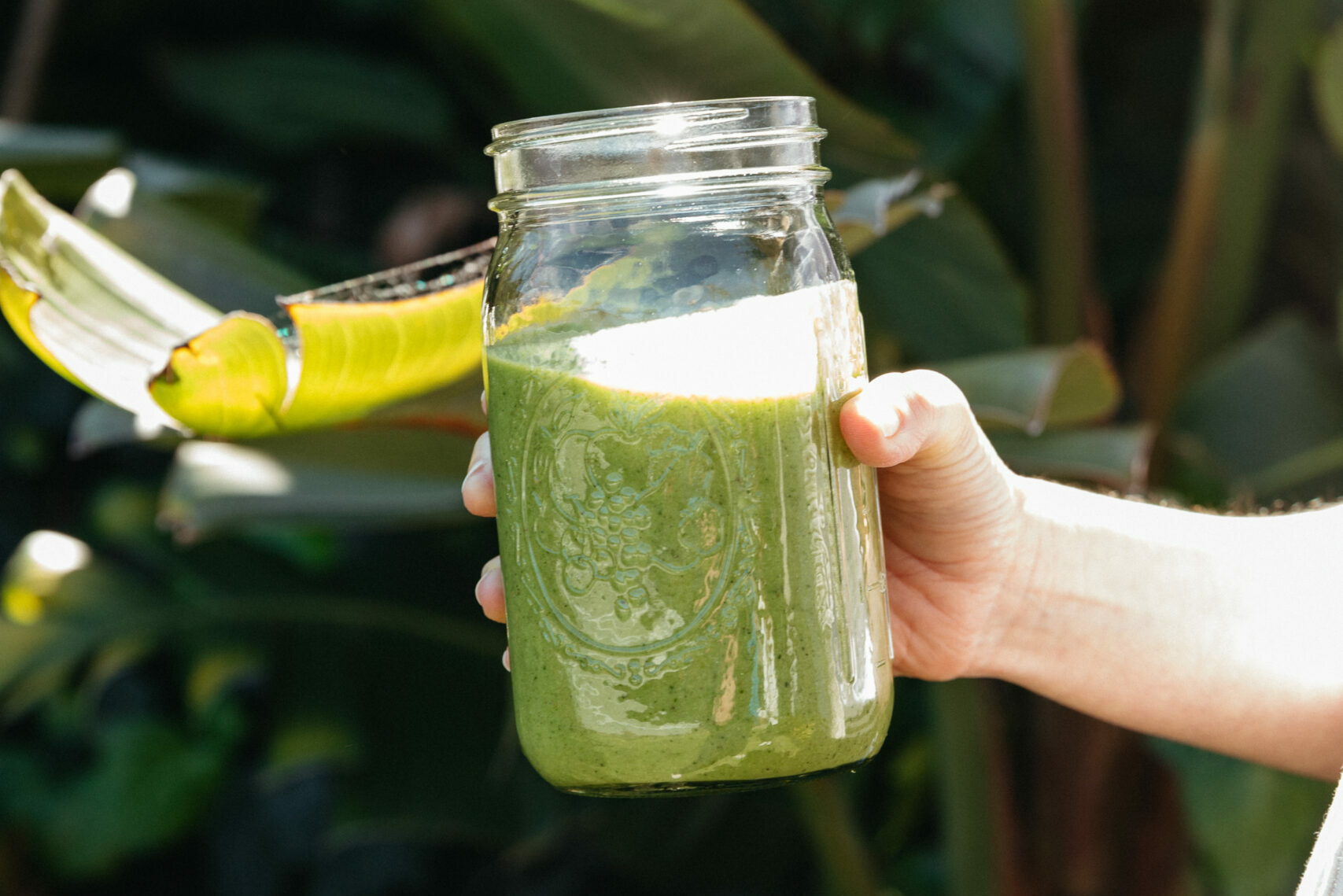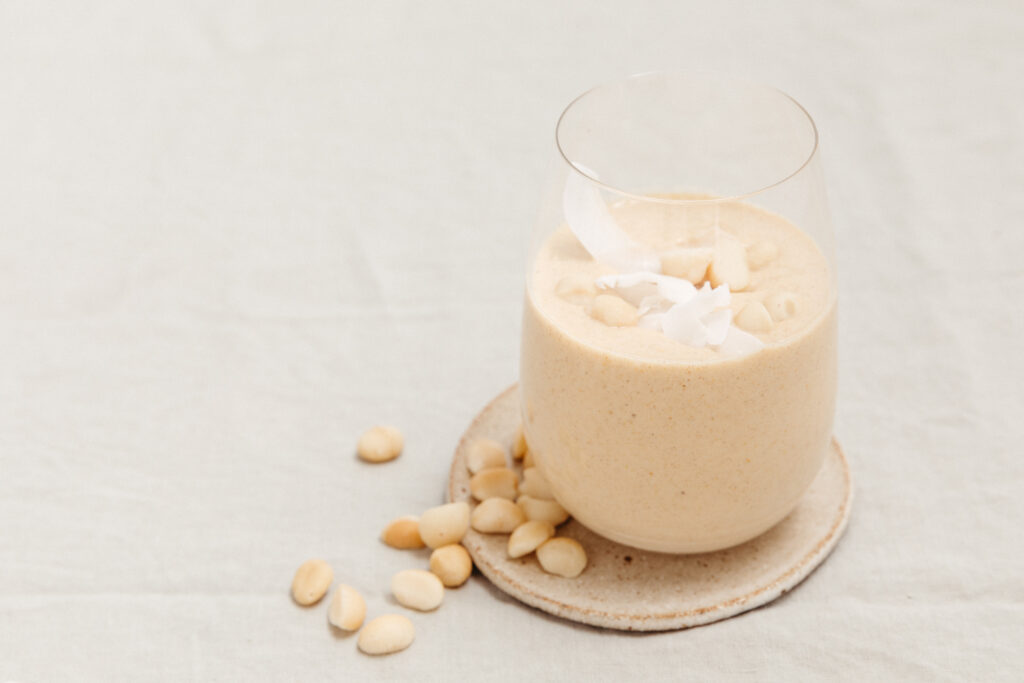The days and weeks after birth are such a sacred time of bonding between mother and baby. The postpartum period, also known as the 4th trimester, is the 6-week period that begins after the birth of your baby. When you’re pregnant, it’s common to focus most of your attention on planning the birth and organising the nursery. What doesn’t get enough attention is planning the postpartum period and how you are going to support your recovery and wellbeing as you make the transition to ‘mother’.
In traditional cultures, families and villages took care of the mother after birth. It was customary for family members to help the mother for a period of time, often 40 days or longer. In Chinese culture, they call it “Zuo yuezi” which translates to “sitting out the month”. Family members took over household chores including cleaning and cooking and prepared nourishing traditional meals to boost circulation, replenish nutrient stores and enrich breast milk. This allowed the mother to recover, rest and bond with her baby. In our modern culture, this practice is usually not observed and self-care, including specific postpartum nutrition strategies, are not given much attention or thought between the chaos of nappy changes and feeds.
You might be surprised to know that nutrient needs in the postpartum period are actually higher than in pregnancy, especially if you’re breast and bottle feeding.
When considering the best ways to support and nourish yourself during this time, it helps to consider what your body went through over the last 9 months of growing a baby and during the birthing process. This includes (but is definitely not limited to): the physical repair and healing of body tissues, blood loss during birth, demands of breastfeeding, disruptions to sleep, hormonal changes and mentally adjusting to looking after a little human.
One way you can focus on self-care is by having an easy to follow postpartum nutrition strategy in place. The two key principles of postpartum nutrition should focus on:
- Providing adequate macronutrients: Ensuring you are consuming the right balance of protein, carbohydrates and fats is crucial to making enough breast milk and providing nutrients that your baby needs, without depleting YOU!
- Replenishing nutrient stores: Research on the link between nutrient depletion during pregnancy and postpartum depression has shown that nutrient depletion can affect the production of key mood-regulating neurotransmitters, like serotonin. Lower levels of folate, vitamin D, iron, selenium, zinc, fats, and fatty acids have all been associated with a higher risk of PPD. It’s important to include foods rich in these nutrients, see below for some ideas…
Some guidelines for what to include are:
Warm & digestible foods
Giving birth is an outward motion, and postpartum is an inwards motion. Traditional Chinese Medicine refers to these as yin and yang. Birth is described as very yang, and the postpartum period welcomes more yin. To balance both yin and yang, warm foods and liquids ensure ‘chi’ known as ‘energy’ flows freely through the body providing circulation and a sense of well-being to the mother.
Soups, stews & curries
The focus should be on soups, hearty stews and curries. By slow cooking fattier and tougher cuts of meat, these foods supply collagen-building amino acids glycine, proline, and hydroxyproline, which are key to supporting tissue healing. Where possible, use bone broth as a base for your meals.
Cooked vegetables
Soft-cooked vegetables also offer a broad range of vitamins, minerals and complex carbohydrates. Roast a tray of vegetables and add them to lunch bowls or add them to slow cooker meals. Vegetable based broth and soups are perfect too. Use warming spices such as cinnamon, cumin, ginger and turmeric.
Try our Roast Pumpkin Bowls or our Harvest Salad.
Smoothies
Smoothies are a great option as you can sneak in so many nutrients and consume them one handed. Add avocado, nut butter, hemp or chia seeds for good fats. For a breastfeeding safe protein powder, we love Nutraorganics Thriving Protein. Smoothies are best consumed at room temperature, or at least not super icy to aid in digestion.
We love our Green Goodness Smoothie or the Golden Immunity Smoothie.
Preparing grains
When cooking grains, such as oats, rice, quinoa or buckwheat, soak them in 1 tbsp of apple cider vinegar and filtered water overnight, then rinse and cook as per usual. Soaking grains before cooking can help neutralise the phytic acid, removing barriers to proper absorption of important minerals.
Nutrient dense foods
Energy & healthy fats
This is about ensuring your overall energy intake is high enough to support the needs of yourself and your baby, especially when breast and bottle feeding. Include fats from quality proteins such as eggs, grass-fed beef, seafood, avocados, nuts, seeds and cold-pressed oils to help baby’s brain development. We love using ghee to pan fry eggs, olive oil through salads and coconut cream through soups and curries.
Iron & protein
You want to focus on iron rich, high protein foods. This will help to restore iron lost through birth and assist with energy levels. One tip for increasing the iron content of meals is to use organ meats. Ask your butcher for carnivore mince, which is a combination of beef mince mixed with liver. Chicken livers contain 11mg of iron (per 100g) compared to beef mince alone which has 3.5mg of iron (per 100g).
Omega-3’s
Omega-3’s are an integral part of all brain and nervous system cells. Omega-3s have anti-inflammatory effects that may be protective against postpartum depression (PPD) and improve the production of serotonin, thereby providing mood regulation through balancing the feel-good chemicals in our brain. One study observed that women who developed PPD regained their blood DHA levels slower than those who did not develop PPD. Foods rich in omega-3 include salmon, sardines, mackerel, chia and hemp seeds. These foods are also rich in choline which is required in higher amounts while breast and bottle feeding. A supplement may be beneficial if you are vegan or plant based.
Hydration
When breastfeeding you need an extra litre of fluid every day to keep your body hydrated and your milk supply up. A rough aim is 3L per day. Choose filtered water, bone broth, coconut water and herbal teas.
Keep water stations around the house and always take a bottle when you’re out and about.
Remember, it’s not about getting it perfect every day but doing what you can to support your recovery and allow yourself to be the best mother you can. Surround yourself with people you trust, ask for help and remember you are never alone.
By Thea Doyle – GDipHumNutr.
Founder of EatByDesign & Holistic Nutritionist at The Natural Nutritionist.







